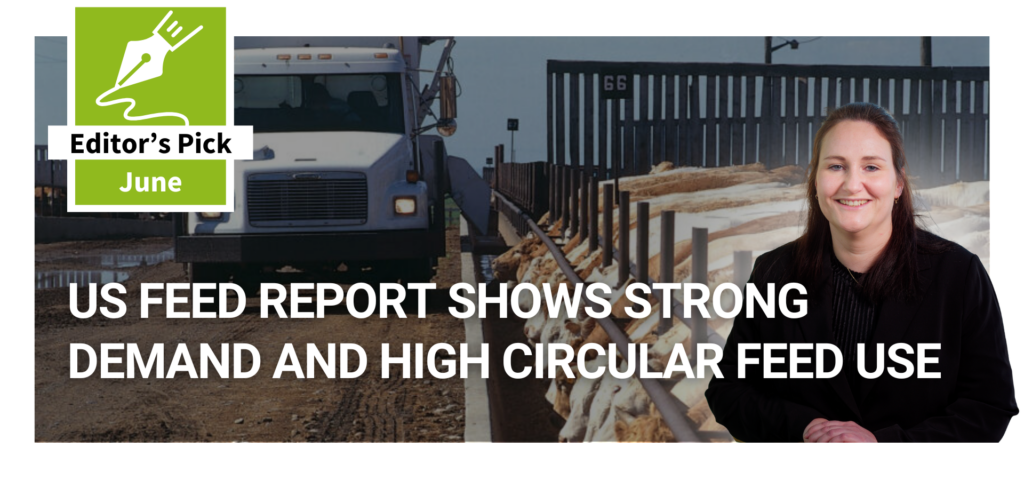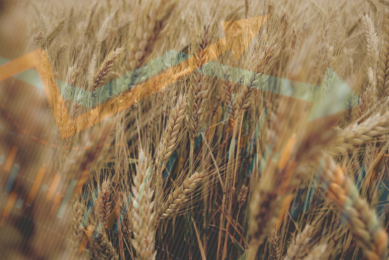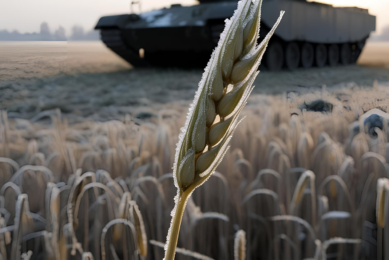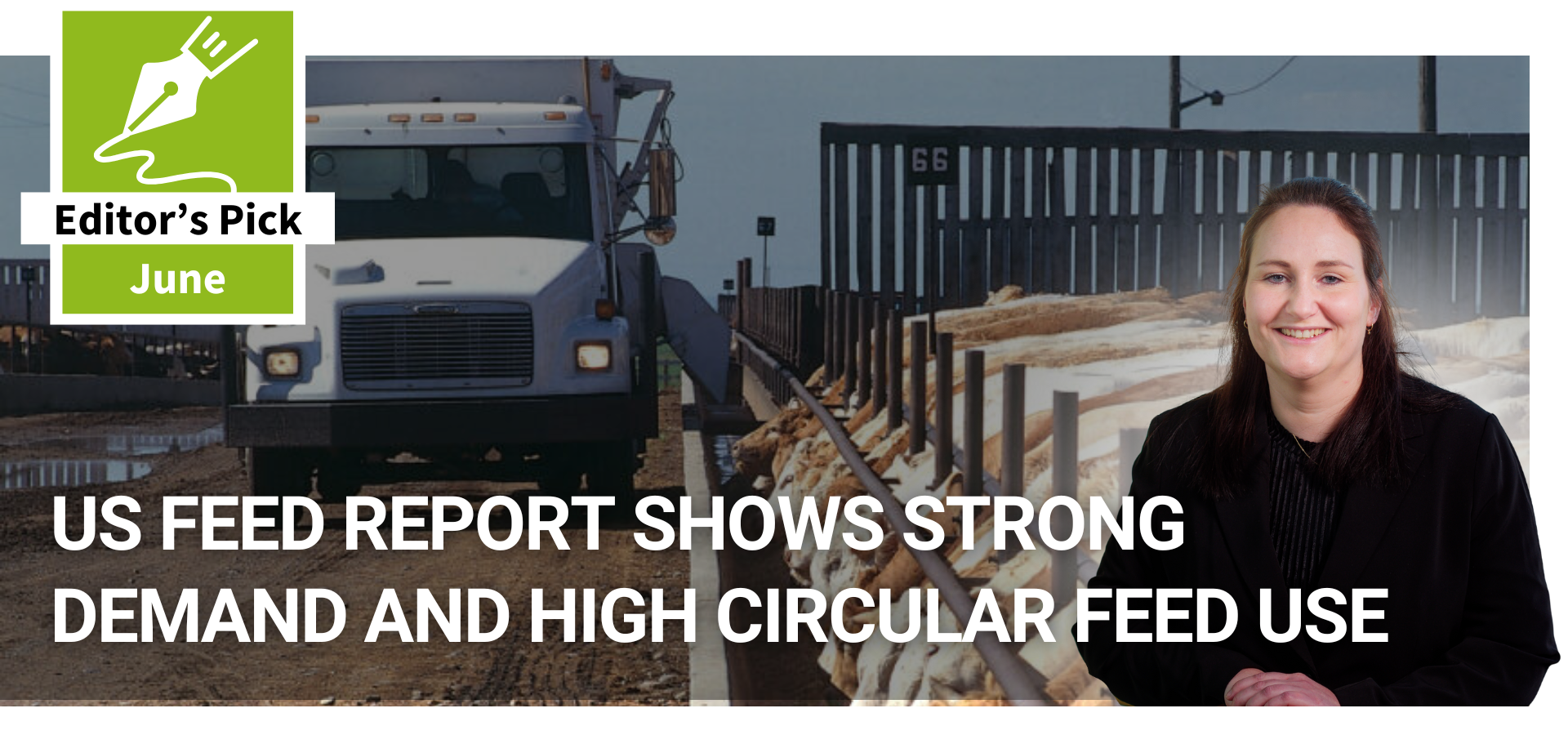Russia: Soybean price rises despite export duty
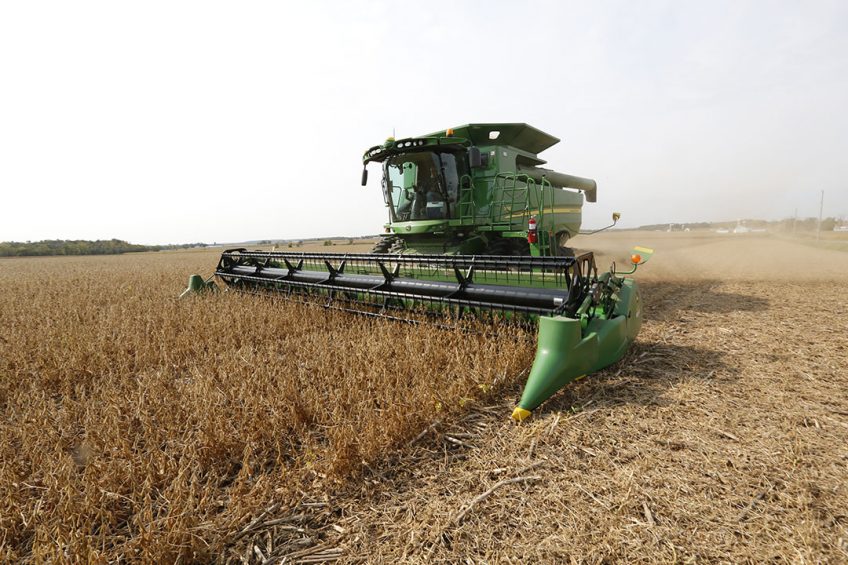
The soybean price in Russia has gone up during the past several months. This is despite the export duty introduced by the Russian government to constrain the upward price rally on the domestic market.
Despite the measures taken by the Russian government through the introduction of export customs duty on soybeans, the selling prices for soybeans increased in the Central Federal District. It has gone from 37.5 roubles ($ 0.5) to 50.5 roubles ($ 0.68) with VAT per 1 kg. And in the Far East: from 38 roubles ($ 0.51) to 46 roubles ($ 0.62) per 1 kg,” said Sergey Miknyuk, executive director of the Russian National Feed Union. The imposed duty has not yet reached its main goal: the rise in raw materials prices continues, he added.
Soybean price variation on Russian market
“Perhaps the situation will change if the government decides to extend the duties for the next season,” Miknyuk said. Adding that besides, today the variation in the prices of soybean meal on the Russian market has practically disappeared. Although in recent years it has traditionally varied from 5 ($ 0.07) to 8 roubles ($ 0.1) per tonne.
The rise in prices for protein components is a worldwide trend.
Exports are affected
The export prices, however, have been seen falling during the past few weeks. For instance, in March, Russian wheat with 12.5% protein from Black Sea ports was at $ 280 a tonne at the end of last week. This is $ 5 down from the previous week, the Russian consulting agency IKAR said.
It is believed that export prices have fallen after the country’s traders lost a major tender in Egypt. Where customers bought 360,000 of Romanian wheat a week earlier. Russian market participants earlier claimed that the export duty was the reason why the Russian grain became less competitive on the global market.
No sign of price stabilisation
As explained by Miknyuk, there is nothing unusual about the recent rise in prices on the Russian market, as they are rising globally. “The rise in prices for protein components is a worldwide trend. Over the past year, the price of meal on the main exchange trading floor in Rotterdam has grown from $ 350 to $ 500, and it is too early to talk about the price stabilisation,” Miknyuk said.
No inflow of cheap GMO grain
Despite local environmentalists’ fears, there is no massive import of GMO soybeans to the Russian market since current logistics costs and import duties make these supplies un-attractive.
“Taking into account the fact that, given the possibility of importing imported soybean meal of unregistered lines of GMO soybeans since April 2020, we have not seen an influx of foreign suppliers, it can be concluded that meal is sold in the country at prices corresponding to world market conditions,” he added.



